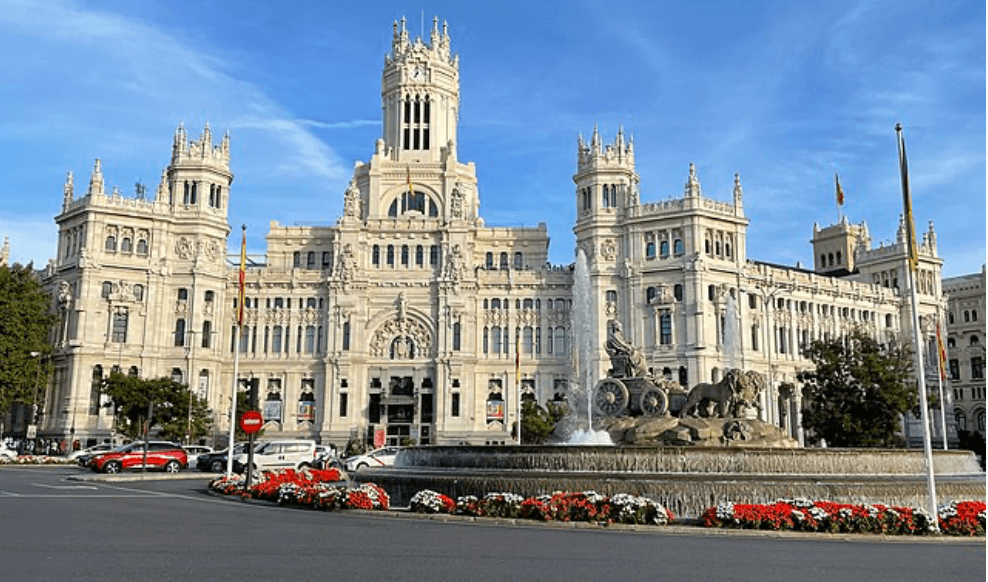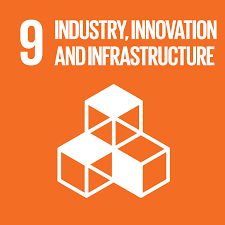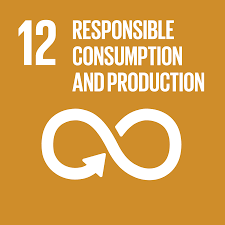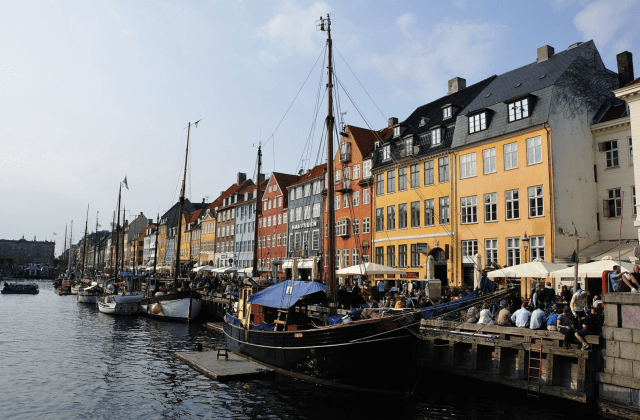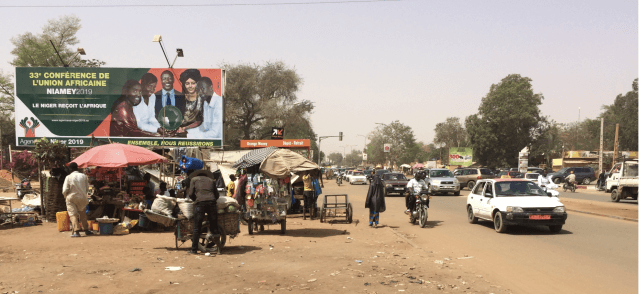The action and its aims
The aims encompass enhancing the well-being, nutrition, and rights of the population, countering the impacts of climate change and lessening strain on ecosystems, while also bolstering the local economy through small and medium-sized enterprises (SMEs).
The EASSM Action Plan 2022-2025 is structured in 8 main axes, which contain 22 strategic lines of action, which in turn group together the 54 concrete measures of the EASSM Action Plan. The EASS targets different population profiles.
Some EASS goals for 2025:
- Awareness-raising programmes in 40% of schools.
- Campaigns aimed at young people: at least 20% of the youth population.
- 500 ha to organic farming.
- The urban agriculture entrepreneurship programme on municipal land will generate 70 jobs per year, ensuring full participation of women.
- 100% of new public food procurement contracts will incorporate sustainability and health criteria.
- Mercamadrid will market 155,000 tons of local products.
- Waste in public food procurement will be reduced by 80%.
When it was introduced
In 2018, Madrid embraced the “Estrategia de Alimentación Saludable y Sostensible” (Healthy and Sustainable Food Strategy). A revision and update took place in 2021, leading to the formulation of EASS 2022-2025 and its inaugural biannual action plan.
Why it was needed
The COVID-19 crisis made clear the importance of reducing the vulnerability of the food system. Research shows that in the Community of Madrid one and a half million people are in a situation of social exclusion, meaning that an individual is unable to participate in economic, social, political, and cultural aspects of life. This is five percent more than before the pandemic (from 17% in 2018 to 22%).
Who initiated it, who is involved
This strategy was initiated by the City of Madrid. To create this strategy collaborative session was conducted with municipal authorities and District Boards, alongside engagements with economic and social stakeholders. Furthermore, participatory workshops accessible to the public were organised. The establishment of a Food Council has amplified engagement with external stakeholders, while the Monitoring Committee remains dedicated to interdepartmental coordination within the municipality. Additionally, a platform for coordination with the Municipal District- Boards has been instituted, and the ongoing coordination space with universities, involving all six of Madrid’s public universities, has been sustained.
Impacts to date
The EASS targets different population profiles. The initiative to combat childhood obesity, for instance, encompasses 3,026 students across 11 schools as direct beneficiaries. Within the scope of the Ecological Dining Programme, 71 municipal nursery schools are actively engaged. Furthermore, the city boasts 221 school-based vegetable gardens and an additional 36 gardens situated within municipal health, elderly care, and drug dependency centres.
Through a collaborative effort involving Mercamadrid and the Food Bank, an annual contribution of approximately two million kilograms of food has been donated.
